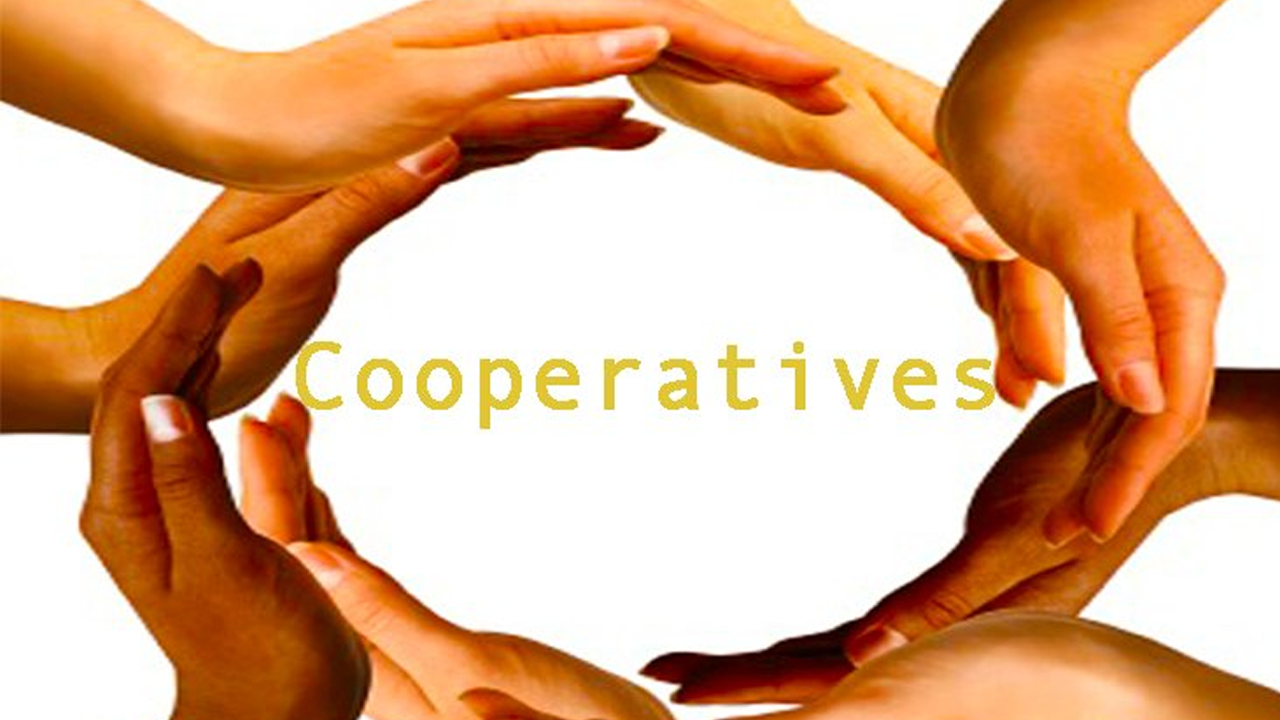
Kathmandu, Feb 19 (Pabitra Guragain): Stakeholders have demanded the resolution of problems of the people who have suffered at the hands of financial cooperatives and micro-finances. Referring to the incidents of many people being displaced due to compound interest rates imposed by financial institutions, they have called on the government to intervene and seek a solution soon.
They were speaking at a press meet organised here by the NGO Federation of Nepal (NFN) marking its 29th annual general meeting coinciding with the World Social Forum 2024 that was held in Kathmandu on February 15-19. On the occasion, NFN issued a 31-point declaration.
Drawing the attention of the government to the activities of business houses enjoying tax exemption, evading taxes and seizing public lands, the declaration has demanded the solution of the problems and action against the guilty.
It has also called for formulation and implementation of laws and regulations so as to ensure that all citizens realise the fundamental rights guaranteed by the Constitution. Expressing serious concerns about the migration of youths, and brain drain for want of a favourable environment due to widespread corruption, mafia, brokering, inflation inequality, etc., the NFN demanded that the government seeks ways for improving the situation to address the situation.
On the occasion, NFN President Ram Prasad Subedi requested the authorities concerned to immediately improve the approach of treating community based organisations, that are not legally recognised as income and profit earners, as commercial establishments, and not to create trouble in the name of VAT and income tax. He also stressed on the need for restructuring and making the Social Welfare Council (SWC) keep up with federalism and become technology-friendly.
Stating that the provision in the Association Registration Act 2034 BS allows social organisations to buy and sell movable and immovable property like individuals, he demanded that the assets of the organisations be released while not troubling them based on circulars that are against the law.
The Federation has expressed its serious objection to the fact that the SWC has created an uncomfortable environment by issuing policy guidelines contrary to the law, without consulting and discussing with the stakeholders. “We strongly demand that such provisions be corrected immediately.”
Calling the attention of the government to the efforts to unilaterally impose the provision for the national and international civil organisations to get approval for monitoring the project launched through the government to government provision, and troubling them by creating various obstacles in the name of project approval, general agreement, and project agreement, the NFN requested the resolution of the problems immediately after holding dialogue with the stakeholders.
Since it is against the law to force social organisations registered in the district administration office under the Ministry of Home Affairs to register at the local and provincial levels, the stakeholders have urged an end to the practice and the correction of the tendency of charging arbitrary fees in the name of registration.
In view of the bitter reality that Nepali people have been bearing the brunt of disasters caused by climate change, they demanded that the international community provides the Green Climate Fund to Nepal for climate justice and investment.
“We strongly request an end to the act of curtailing the freedom of expression of the citizens in the name of regulating the social media network, and create an environment instead for them to operate in a lawful manner.”
Urging the practical implementation of the prevailing laws to take action against the culprits in increasing cases of violence against women, human trafficking, child trafficking, abuse of children, caste-based discrimination and untouchability, NFN Secretary General Arjun Bhattarai said, “We ask the government and political parties not to pass any laws that would give immunity to those guilty of serious human rights violations and crimes during the conflict and not to make any agreements to give immunity to the guilty in such serious crimes.”
Comments